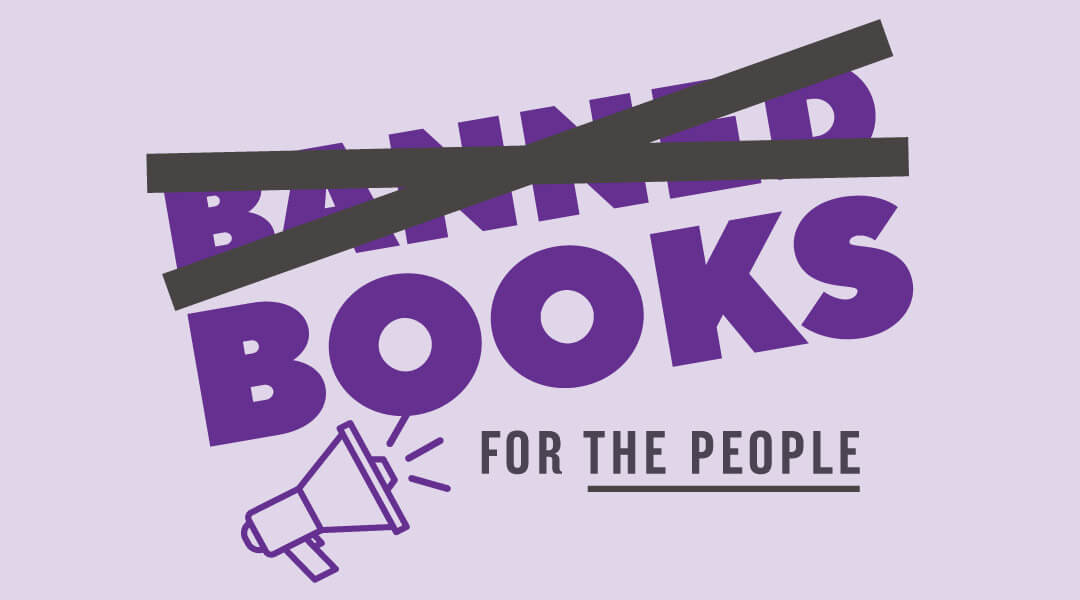As part of our Collection Development Policy, CLP is committed to having a vast range of books and materials in our collection in order to best benefit our extremely diverse service population. To serve such a wide group of people, we have books in our collection by authors that reflect that same diversity, in both the authors’ identities, their lived experiences, and, of course, their way of thinking. Given our goal to purchase books for such a broad spectrum of audiences, it is entirely possible that there will be books on our shelves that may not personally resonate with certain customers or even staff members.
As I order books for our adult nonfiction collection, I am certainly not purchasing based on my personal tastes. There are even times when I add a title to our collection that, beyond not being a book I would enjoy, is actually against my own personal beliefs. In viewing our collection from a lens of inclusion, our collection overall is enhanced by doing our best not to pre-censor materials. Censorship, after all, is about preventing access to materials based on disapproval of the content and, from the mindset of a librarian, especially a collection development librarian, access begets use begets circulation begets a successful and vibrant collection that meets the needs and interests of our community. In amplifying the goal of providing access to materials, it is preferable to include versus exclude and allow customers to make decisions on which materials are right for them.
CLP employs four core collection values that not only help to shape our decision-making when purchasing books, but also help to defend titles from objections, whether in personal interactions or through an official reconsideration process. Those values are:
We build community.
We prioritize people.
We provide access.
We enable learning.
In this vein, selection decisions aim to provide relevant and timely materials that customers can engage with on either an academic, professional, or recreational level. Adding a title to CLP’s collection does not come with any official endorsement.
As outlined in CLP’s Collection Development and Management Policy, books are selected based on the whole product, and titles are not excluded based on the author’s identity, the “coarseness of language,” or “endorsement or disapproval of an item by an individual or organization.” Thus, a book that takes a controversial stance on a topic can and will still be added to our collection.
However, given how many books are released, decisions still need to be made for what ends up on our shelves. In that sense, we rely heavily on reviews (with preference toward professional reviews), along with other considerations like price and the quality of the book’s production (will the book seem enticing to readers and is it durable enough to last on a library shelf?). Additionally, we consider the perceived interest it will have for Pittsburgh-area readers.
In having outlined policies, we are able to lean on those official documents to better explain a title’s appropriate inclusion in cases where customers may question why a certain book is on the shelf for checkout.
These policies, however, do not exist to prevent customers from interacting with our collection by inquiring about materials. This can actually be an important and fruitful, if potentially uncomfortable, conversation. This blog post from Sarah Beasley (CLP’s Assistant Director for Collection Services) describes the specific rundown of a challenge process, as well as describing how this can help the library to guide our collection-related decisions, which only helps us provide better service. Receiving an official response will also help to explain how these decisions are made.
From a Collection Services department perspective, we want our policies to reflect what we are ultimately striving for: a great collection. A great collection, however, is more than just books on the shelf. The amazing staff in our locations continually shape how our collections are developed, maintained, and used by our customers. This can include having conversations about why a book is available.
Carina Stopenski, a Teen Librarian at the Woods Run branch, considers what the “challenge” process looks like in everyday conversations. These can be quick interactions that result in a mutual understanding or lead to the formal reconsideration process.

